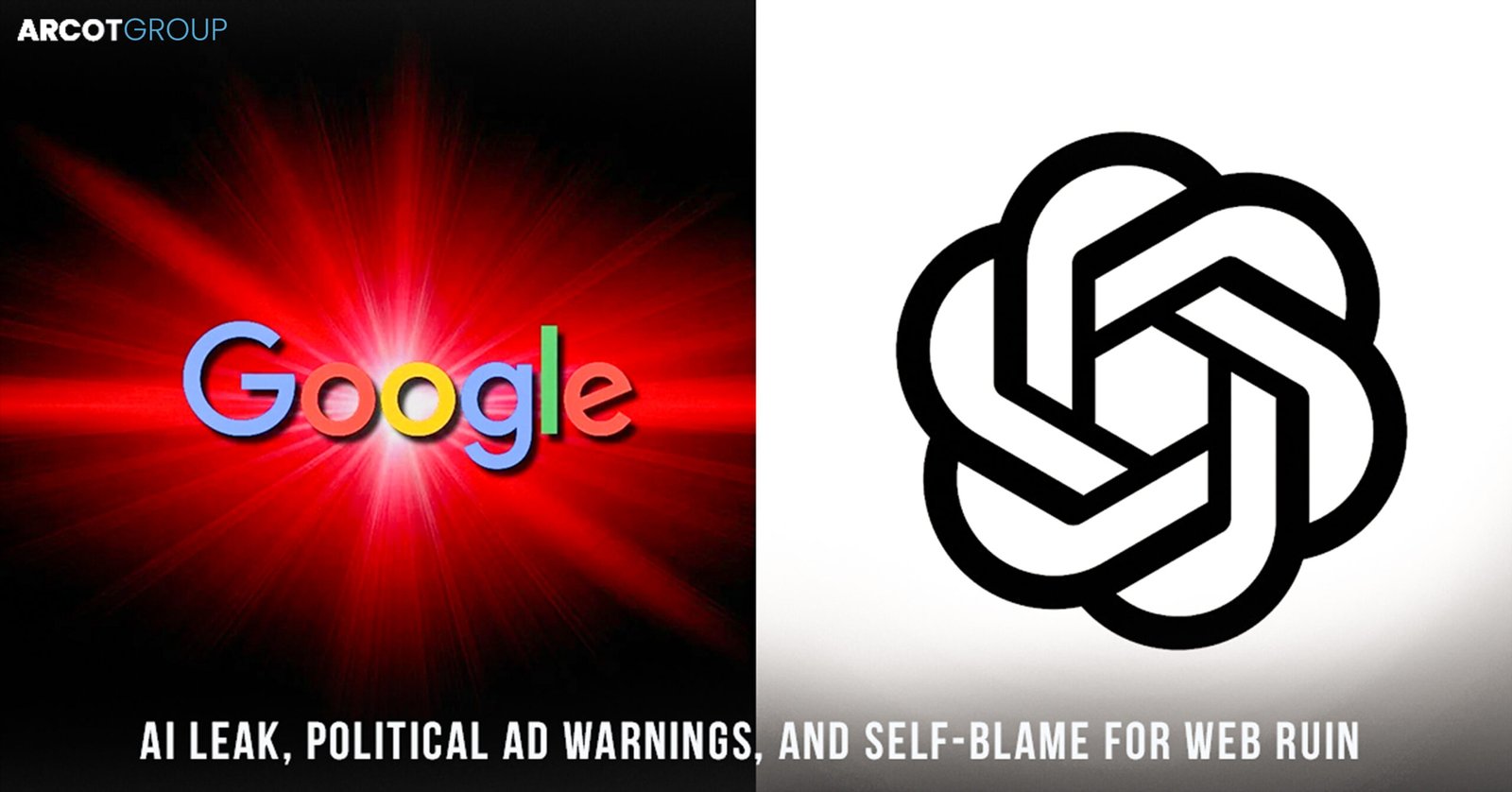Sustainable Organization Transformation: A Roadmap to Success
In an ever-changing business landscape, the need for sustainable Organization Transformation has never been more apparent. Whether driven by environmental concerns, evolving customer expectations, or the pursuit of greater efficiency, organisations are increasingly focused on long-term success through sustainable practices. In this comprehensive guide, we’ll explore the strategies, best practices, and actionable steps for achieving sustainable organizational transformation.
1) Understanding Sustainable Organization Transformation
The Evolution of Sustainability
Sustainability is no longer a buzzword; it’s a strategic imperative. Organisations must grasp the evolution of sustainability and its impact on business models.
The Holistic Approach
Sustainable transformation encompasses more than just environmental considerations. It involves social responsibility, economic viability, and ethical governance.
The Case for Change
Explore why organisations need to prioritise sustainable transformation to remain competitive, attract talent, and secure their place in the future.
2 ) Setting the Vision and Goals
Clarifying the Vision
A clear and compelling sustainability vision sets the tone for the entire transformation journey. It should align with your organisation’s values and mission.
Goal Setting for Impact
Establish specific, measurable, and time-bound sustainability goals that drive meaningful change and align with your vision.
Building Stakeholder Buy-In
Involve key stakeholders in shaping the vision and goals to foster commitment and shared ownership.
3) Leadership and Cultural Shift
Leading by Example
Leaders must embody sustainable practices and champion the transformation, setting a precedent for the entire organization.
4) Fostering a Culture of Sustainability
Cultivate a culture where sustainable thinking is ingrained in the way employees approach their work.
Employee Engagement
Empower employees to contribute to sustainability efforts and provide opportunities for them to share ideas and initiatives.
5) Assessing Current Practices
Conducting a Sustainability Audit
Analyze your organization’s current sustainability practices, identifying strengths, weaknesses, and areas for improvement.
Environmental Impact Assessment
Evaluate your environmental footprint, including energy usage, waste generation, and resource consumption.
Social Responsibility Assessment
Assess your organization’s impact on society, including labor practices, community engagement, and ethical sourcing.
6) Sustainable Procurement and Supply Chain
Supply Chain Transparency
Promote transparency in your supply chain to identify and address sustainability risks.
Responsible Sourcing
Prioritise suppliers who share your commitment to sustainability and ethical practices.
Circular Economy
Explore opportunities to reduce waste and promote a circular economy within your supply chain.
7) Sustainable Product and Service Innovation
Sustainable Product Design
Integrate sustainability principles into product development, focusing on eco-friendly materials and reduced resource consumption.
Innovation for Sustainability
Encourage innovation that aligns with sustainability goals, such as renewable energy solutions or waste-reducing technologies.
Eco-labeling and Marketing
Clearly communicate the sustainability features of your products and services to resonate with eco-conscious consumers.
* Performance Measurement and Reporting
Key Performance Indicators (KPIs)
Identify and track KPIs that measure progress toward sustainability goals, such as emissions reduction or waste diversion.
Sustainability Reports
Regularly publish transparent sustainability reports that showcase your achievements, challenges, and future plans.
Accounta#bility and Continuous Improvement
Hold teams and individuals accountable for sustainability targets and continually seek opportunities for improvement.
* Engaging with Stakeholders
Collaboration with NGOs and Industry Peers
Forge partnerships with non-governmental organisations (NGOs) and industry peers to exchange knowledge and resources.
Customer Engagement
Involve customers in your sustainability journey, soliciting feedback and aligning your products or services with their values.
Investor Relations
Communicate your commitment to sustainability to attract socially responsible investors who share your vision.
* Regulatory Compliance and Risk Management
Understanding Regulations
Stay informed about evolving environmental and social regulations that may impact your industry.
Risk Mitigation
Identify and mitigate sustainability-related risks, from supply chain disruptions to reputational damage.
Legal and Ethical Governance
Ensure that your organisation’s governance structure incorporates sustainability principles and ethical practices.
* Scaling and Expanding Sustainability Efforts
Replicating Success
Identify successful sustainability initiatives and replicate them across different parts of your organisation.
Scalability
Build sustainability into your growth strategy, ensuring that it scales alongside your business.
Expanding Beyond Borders
Extend your sustainability efforts globally, considering regional variations and cultural nuances.
* Reporting and Transparency
Communicating Progress
Regularly update stakeholders on your sustainability journey, celebrating milestones and sharing insights.
Transparency and Disclosure
Continue to be transparent about challenges and areas for improvement, maintaining trust with stakeholders.
Accountability
Hold leadership accountable for sustainability commitments and ensure adherence to ethical standards.
Building a Sustainable Future
The Ongoing Journey
Sustainable organisation transformation is not a one-time event; it’s a continuous journey of improvement.
Embracing the Future
By embracing sustainability, organisations can future-proof themselves, contribute to a better world, and reap the benefits of long-term success.
A Sustainable Legacy
Leave a legacy of responsible business practices, inspiring future generations to prioritize sustainability.




